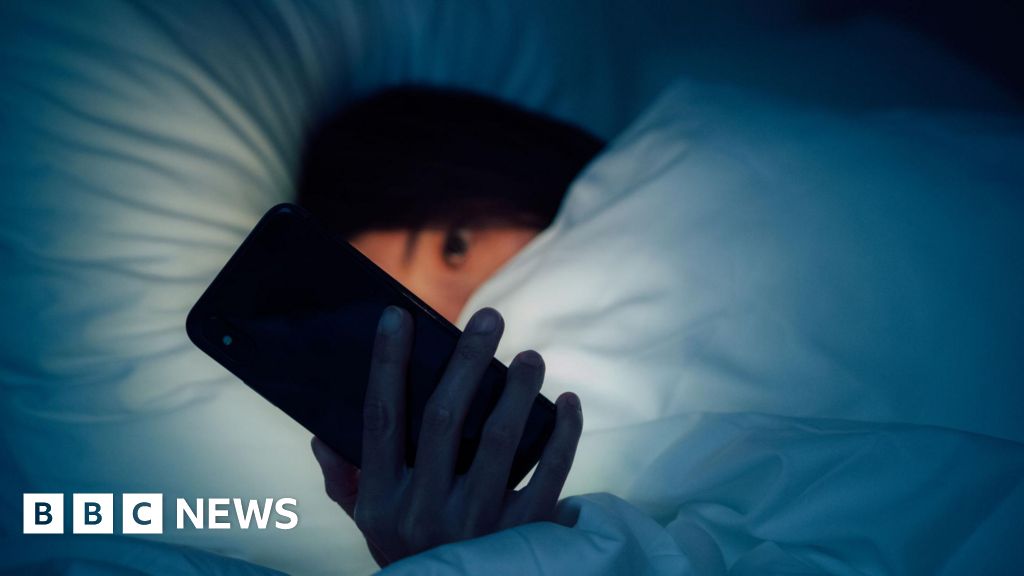How Screen Time in Bed Impacts Your Sleep and Health
The Link Between Screen Time and Sleep Health
In a world increasingly driven by technology, we often find ourselves glued to screens, from the moment we wake until we fall asleep. Emerging research from a comprehensive Norwegian survey involving over 45,000 participants has demonstrated a concerning link between excessive screen time in bed and poor sleep quality. Individuals spending significant time on electronics before sleep reported higher levels of insomnia and more frequent sleep disruptions.

Why Screens Disrupt Sleep
The blue light emitted from screens is a primary culprit, as it interferes with the production of melatonin, the hormone that regulates sleep. Furthermore, engaging in stimulating activities like social media or gaming can keep the brain active, making it difficult to unwind.
"Technology is a useful servant but a dangerous master." — Christian Lous Lange
Steps to Improve Your Sleep Environment
Creating an optimal sleep environment is crucial for restfulness. Here are some tips to help reduce screen time in bed:
- Establish a technology curfew at least an hour before bedtime.
- Engage in relaxing activities like reading a physical book or taking a warm bath.
- Consider blue light blocking glasses to mitigate the effects of screen exposure.
Expert Opinions on the Issue
Sleep specialists and health experts have long advocated for reducing screen time to improve overall health. A study published by the Harvard Health Publishing details the biological and psychological effects of blue light exposure.
The Broader Implications of Screen Time Overuse
Beyond sleep, excessive screen time has been linked to other health concerns such as increased stress levels, obesity, and vision problems. The National Sleep Foundation outlines potential risks and offers solutions for better screen habits.

Additional Considerations
As we navigate a digital-first world, it’s imperative to balance our screen time judiciously. Educating young minds through features from experts like those available on YouTube's educational channels can be pivotal in shaping healthier habits for future generations.
